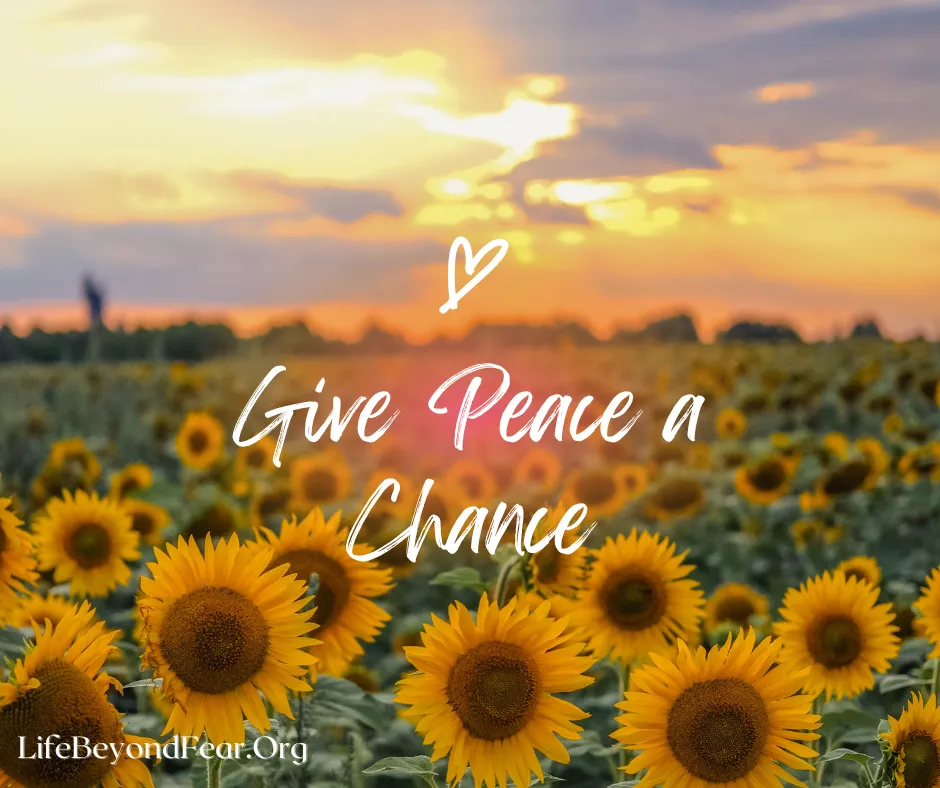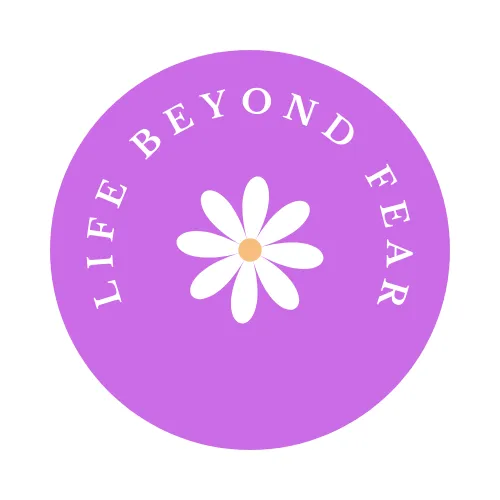There’s a whole world out there
See Newest Blogs

Cultivating a New Paradigm: Embracing Alternative Thinking and Radical Acceptance to Transcend Conflict
Cultivating a New Paradigm: Embracing Alternative Thinking and Radical Acceptance to Transcend Conflict
In a world often entangled in conflict and division, the notion that war is an inevitability has become a pervasive mindset. Yet, envisaging a reality beyond this belief invites us to consider an alternate strategy—one rooted in clarity, acceptance, and the transformative potential of understanding our deepest selves. Could altering our inner perspectives fundamentally change our external world, guiding humanity toward enlightenment and unity?

Envisioning an Alternate Thinking Strategy
To move beyond the assumption that war is inevitable requires a collective shift in consciousness—a willingness to question ingrained beliefs and explore new paradigms that emphasise peace and understanding. This shift begins with acknowledging and integrating the shadow aspects of ourselves, those parts we often cannot accept or confront.
Exploring the Shadow Self
Our relationships with conflict often mirror unresolved inner dynamics. The aspects of others we find most aggravating frequently reflect those we suppress within ourselves. By recognising this, we open the door to deeper self-awareness and healing.
Integration and Acceptance:
Self-Reflection: Engage in mindful self-reflection to explore thoughts, emotions, and beliefs that reside in the unconscious shadow. Understanding these elements can illuminate the peace already within us.
Embrace the Shadow: Accept these darker aspects as integral to the human experience. Instead of projecting them onto others, see them as opportunities for personal growth and transformation.
Transcending Mental Barriers: Embracing New Ideas for Peaceful Resolutions
Overcoming the Mind's Stubborn Resilience
The human mind, inherently resistant to change, can be a formidable barrier when embracing new ideas, especially those involving profound shifts in perspective. This mental resilience often stems from long-established patterns and beliefs that feel necessary for survival and identity.
The Brain's Response to Change
The brain, designed to prioritise safety and predictability, often perceives new ideas as threats to established norms. This triggers a defence response, leading to cognitive dissonance—where conflicting beliefs cause discomfort, prompting the rejection of new, potentially beneficial concepts.
Catalysts for Embracing Change:
Incremental Exposure: Introduce new ideas gradually rather than abruptly. Smaller, incremental changes allow the brain to adjust and integrate new concepts without overwhelming its defences.
Open Dialogue: Engage in open dialogue about the potential benefits of new perspectives—this fosters curiosity and reduces perceived threats to existing beliefs.
Seeking Peace over Conflict
Opting for peaceful resolutions over conflict or all-out war requires a mental shift from adversarial thinking to collaborative problem-solving. This transformation involves reframing communication as a tool for connection rather than a battleground for dominance.
Cultivating Peaceful Dialogues:
Mindful Listening: Practice active listening to understand rather than merely respond. This creates a space where new ideas can be explored without the need for immediate opposition.
Empathy and Perspective-Taking: Cultivating empathy by putting oneself in another's shoes can reveal common ground and shared values, making peaceful resolution more attainable.
Transformative Practices: Engage in practices like mindful meditation and conflict resolution workshops to train the mind to approach conflict with calmness and creativity, rather than defensiveness.
By addressing the mind's inherent reluctance and fostering communication rooted in understanding, we can overcome barriers to growth and peace. This approach not only enhances individual relationships but also promotes a collective movement towards harmony and resolution in broader societal contexts.
The Process of Forgiveness and Transformation
Forgiveness becomes a powerful tool, not just for personal emancipation, but as a catalyst for broader societal change. It breaks the cycle of blame and allows for the reconciliation of perceived differences.
Forgiveness as a Pathway Forward:
Release False Narratives: By letting go of the need to be "right," and surrendering false justifications, we free ourselves from self-imposed limitations. This act of surrender creates space for acceptance and understanding.
Radical Acceptance: Embracing radical acceptance of ourselves and others fosters a community built on empathy, reducing the friction that leads to conflict.
The Evolution of Humanity and Enlightenment
Embracing an alternative thinking strategy could be a transformative leap for humanity, fostering collective enlightenment and revealing our true potential.
Collective Growth and Unity:
Empathy and Connection: As individuals embrace their whole selves, they become more capable of connecting authentically with others, forming harmonious communities that celebrate diversity and shared humanity.
Innovation Through Acceptance: From the foundation of acceptance, innovation flourishes. We move beyond survival-based thinking, creating from the best versions of our true selves and crafting a reality anchored in peace and cooperation.
Conclusion: Building a Legacy of Peace
The journey to transcending the inevitability of war involves courageously facing our inner truths and allowing them to guide our actions towards compassion and unity. By prioritising self-awareness and radical acceptance, we pave the way for profound insights and genuine connections.
Together, we can cultivate a world where conflict is not predestined, but rather, where peace is the natural outcome of embracing our fullest humanity. This transformation is not only possible—it is essential for the legacy of individuals and communities seeking to thrive together in harmony.

Copyright ©LifeBeyondFear.Org. All Rights Reserved.
Unlock the secrets to improving relationships at work, at home, and most importantly, with yourself. Discover the transformative power of meaningful connections and self-understanding.
